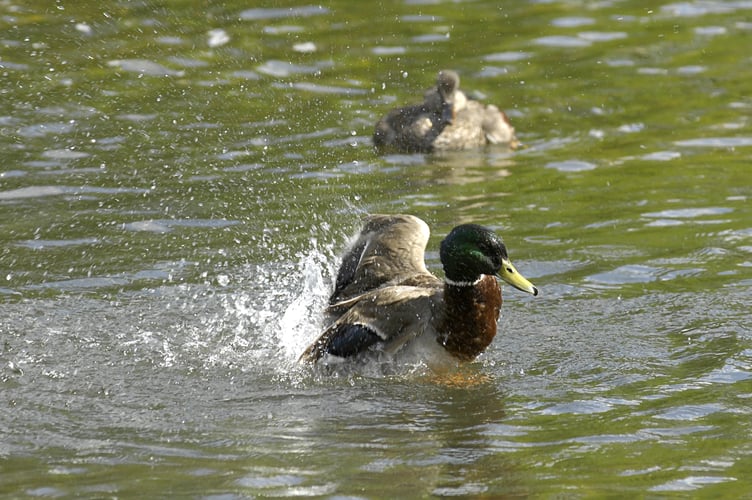More than 1,000 water pollution incidents were recorded in Cornwall between 2018 and 2022, new figures show.
Figures obtained by the RADAR news agency through a freedom of information request show 1,278 water pollution incidents were recorded by the Environment Agency in Cornwall between 2018 and 2022 – including 241 last year.
This means Cornwall has seen more water pollution incidents than anywhere else in England, and makes it the only area to top 1,000 cases.
These figures cover the first three levels of severity, with the area seeing 72 'major' or 'significant' incidents over the same timeframe, 19 of them last year.
The water industry has come under particular scrutiny over how they record pollution events.
A recent investigation by BBC Panorama suggested United Utilities, a water company in the North West of England, had wrongfully downgraded 60 incidents to the lowest possible category, meaning they had caused no environmental harm.
United Utilities said it "strongly rejects" the claims.
In Cornwall, 368 cases were assessed as coming from a water company in the past five years – with nine judged to be 'significant'.
Water pollution can also come from other sources, such as agricultural run-off or industry and manufacturing.
The Rivers Trust, a charity working to protect waterways in the UK, said; "People are rightly demanding that we restore our water bodies to a state of good health and resilience."
Tessa Wardley, director of communications and advocacy at the charity, called Panorama's findings "extremely concerning".
She said "any pollution affecting rivers must be taken seriously", noting that not a single river in England is classed as being in good health.
Across England, the Environment Agency recorded nearly 36,000 category one to three water pollution incidents between 2018 and 2022.
The number of cases judged to be from water companies has risen over that time period – from 1,922 in 2018 to 2,213 last year.
Larger local authorities were most likely to have suffered water pollution, but three cities – Bradford, Leeds and Birmingham – also made the top 20.
A spokesperson for Water UK – a trade association – said: "Although this data reveals that two-thirds of all water pollution incidents had nothing to do with water companies, the industry takes its role in reducing pollution very seriously.
They said serious incidents had fallen by more than a third since 2011.
"Companies are now proposing to invest £96 billion, the highest on record, which will include upgrades to sewage treatment works and an overhaul of our sewer network," they added.
An Environment Agency spokesperson said: "The number of pollution incidents caused by the water industry is unacceptably high. We expect water companies to significantly reduce them, and to report them to us quickly.
"We will not hesitate to take enforcement action where necessary and have secured over £150m in fines from the water industry since 2015."



.png?width=209&height=140&crop=209:145,smart&quality=75)
